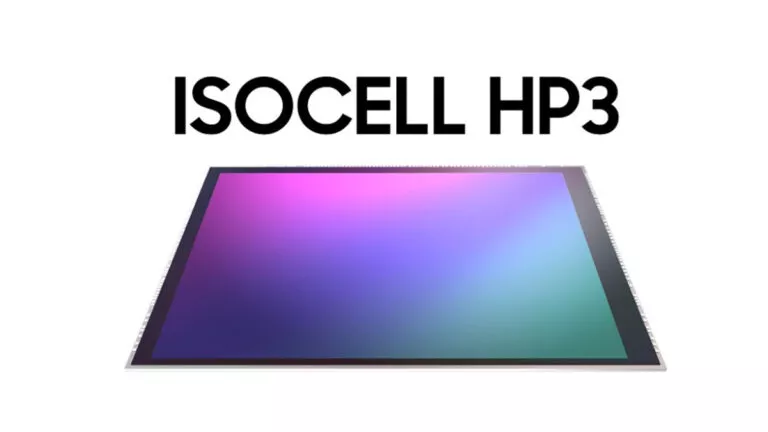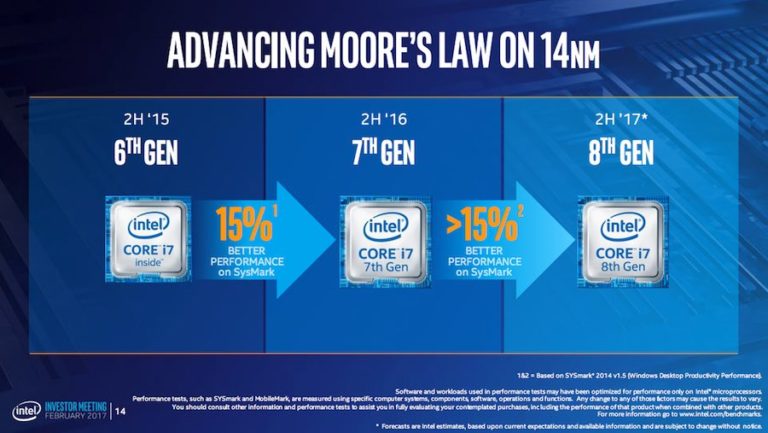The EU May Have Finally Broken Into Google’s Ad Business

Larry Page and Sergey Brin’s revolutionary creation Google is currently the biggest search engine. Millions of people use it every day when they need to look up something on the Internet.
Despite enjoying such a prestigious position, Google often finds itself in the crosshairs of antitrust agencies.
Recently, Google’s parent company, Alphabet Inc., has offered to let their rivals place advertisements on YouTube. The company took this step to settle the case with the EU Commission without paying a fine.
EU’s antitrust investigation
In 2021, The European Commission started an investigation to see if Google had an unfair advertising edge. It also observed that it warps competition by restricting third-party access to user data for advertising purposes while reserving it for its use.
The EU watchdog pointed out Google’s condition that advertisers use its Ad Manager to show ads on YouTube and possible limitations for the way rivals show ads on the video-streaming website. The search engine could face more than $9.5 billion in fines over the past decade for blocking opposition in online advertising.
The Commission will investigate Google services (like Video 360 and Display) and Google Ads to buy online ads on YouTube, Google Ad Manager, and AdX. Similarly, Google aims to remove browser cookies and stop tracking Android users through an ‘advertising identifier’ tool, which authorities will also investigate.
Not just the EU but the British Competition Agency CMA is also investigating Google’s ad practices. The regulator noticed that Google could distort competition by illegally favoring its services. Because of its dominance in search ads, the search engine is also in trouble with the US Justice Department.
Google’s solution
While its decision to let rivals place ads on YouTube is a step in the right direction, experts think it will have to do a lot more to address other concerns and get a settlement. Last year, the search giant generated $147 billion in revenue from online ads, out-earning every other company.
Around 16% of its revenue came from network or display business, where other media companies sell ads on their websites through Google.






